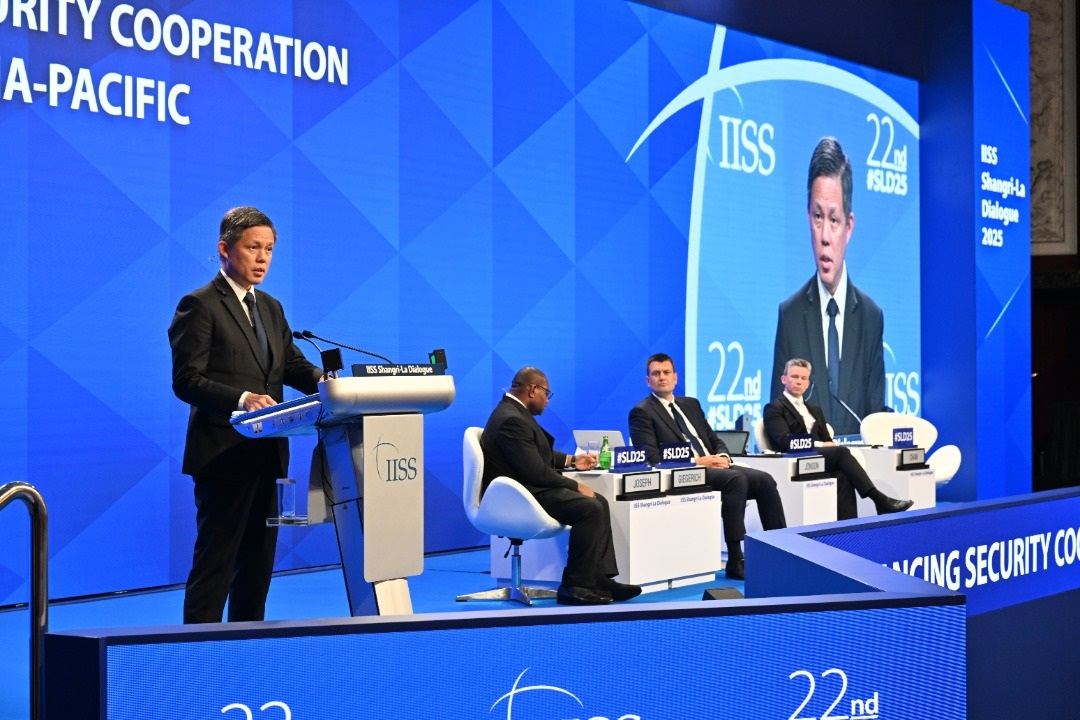DIPLOMACY
JOINT EFFORT NEEDED FOR A STABLE ASIA
02 Jul 2018
Tensions between the United States (US) and China, and other challenges to Asia's stability, were some of the topics discussed at this year's Shangri-La Dialogue.
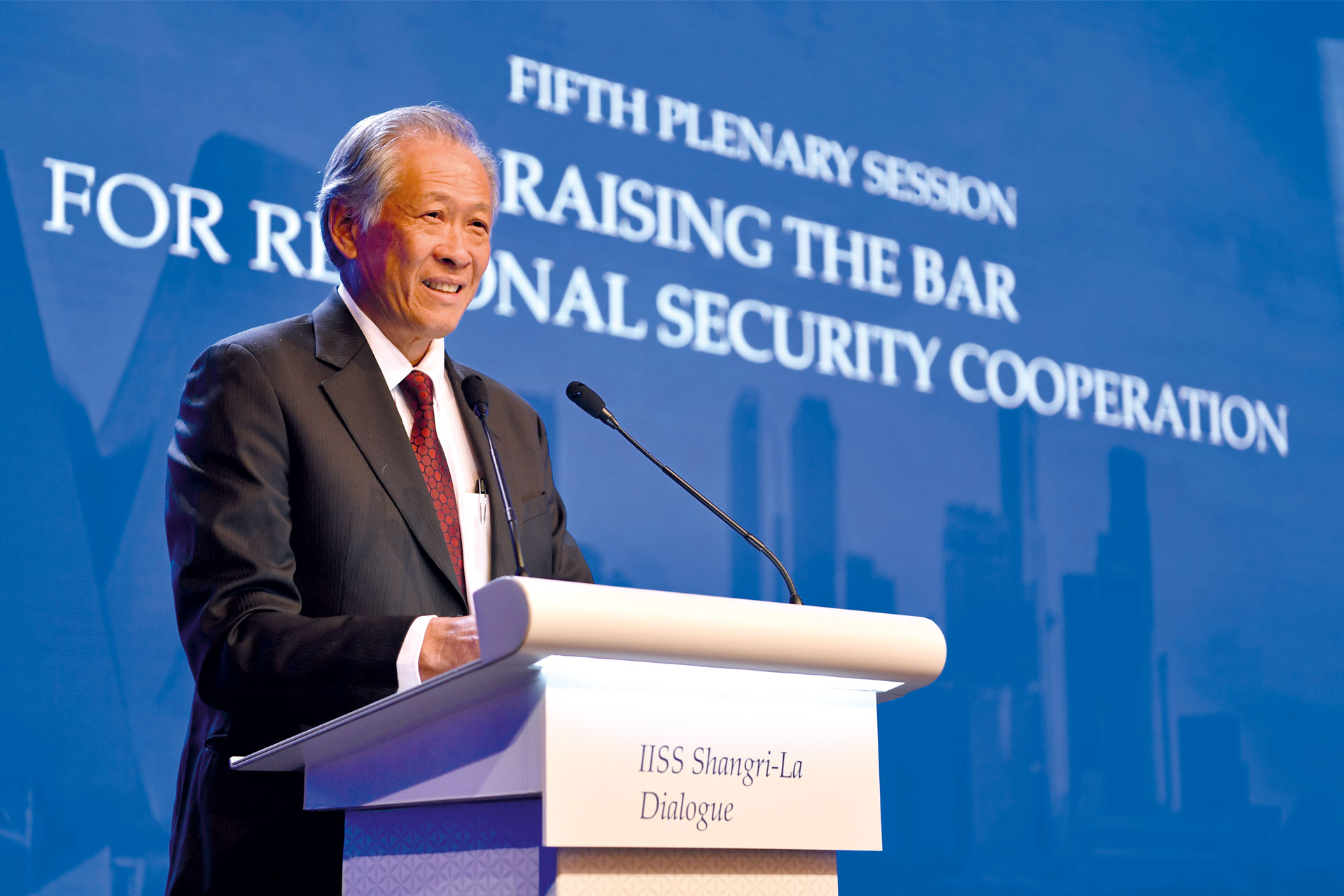

Tensions between the United States (US) and China, and other challenges to Asia's stability, were some of the topics discussed at this year's Shangri-La Dialogue.
A rules-based order among countries is crucial for the progress and prosperity of the Asia-Pacific region.
This was a point repeatedly brought up throughout the 17th Shangri-La Dialogue held from 1 to 3 Jun. In his plenary speech on 3 Jun, Minister for Defence Dr Ng Eng Hen highlighted the need for countries to tackle security and economic challenges together, and resolve disputes by peaceful means.
US-China relationship crucial for Asia
Addressing the growing tension between the US and China, Dr Ng emphasised the need for all countries to uphold a rules-based order, in order for Asia to continue to thrive and prosper.
Both the US and China are "attempting to address perceived inequalities and accepted principles or practices which disadvantage them", and these deviations from global norms challenge the status quo which had brought prosperity and stability to the Asia-Pacific, he noted.
"It would be a lose-lose scenario for the world if the US and China are unwilling to work together for an inclusive system that both large and small states (can) benefit from".
"We hope that enlightened minds and leadership prevail and the US and China avoid a trade war which can only lead to more losers than winners."
He added that the relationship among the Northeast Asian states is also critical for Asia's stability.
Noting a positive shift in the relations among China, Japan and South Korea, Dr Ng said that it was encouraging that the three countries recently reconvened a trilateral summit at the ministerial level to strengthen dialogue and cooperation.
Concluding the Code of Conduct
Speaking to media, Dr Ng also highlighted that one of Singapore's focus areas, as ASEAN chair this year, is to progress towards the conclusion of the Code of Conduct (COC) on the South China Sea.
He said that the COC should address concerns of both claimant and user states. "(Being) able to sail through these waterways…(with) certainty that nothing untoward will happen...(will be) a key confidence-building measure."
He added that all ASEAN countries have agreed to participate in the ASEAN-China Maritime Exercise that will be co-led by Singapore and China later this year.
This year's Dialogue had the largest turnout to date, with nearly 600 delegates including 40 ministers from 51 countries.
HIGHLIGHTS FROM SHANGRI-LA DIALOGUE 2018
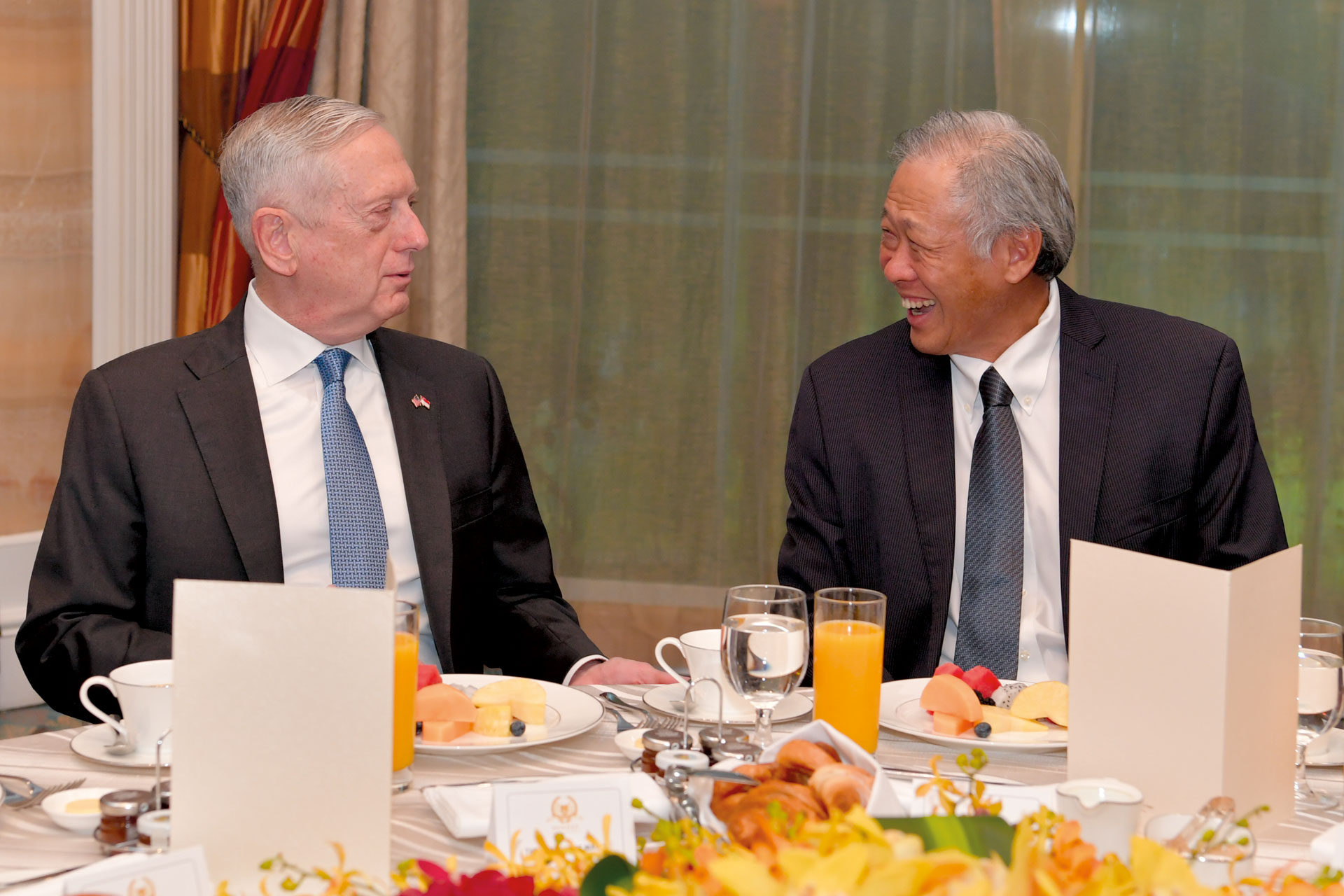
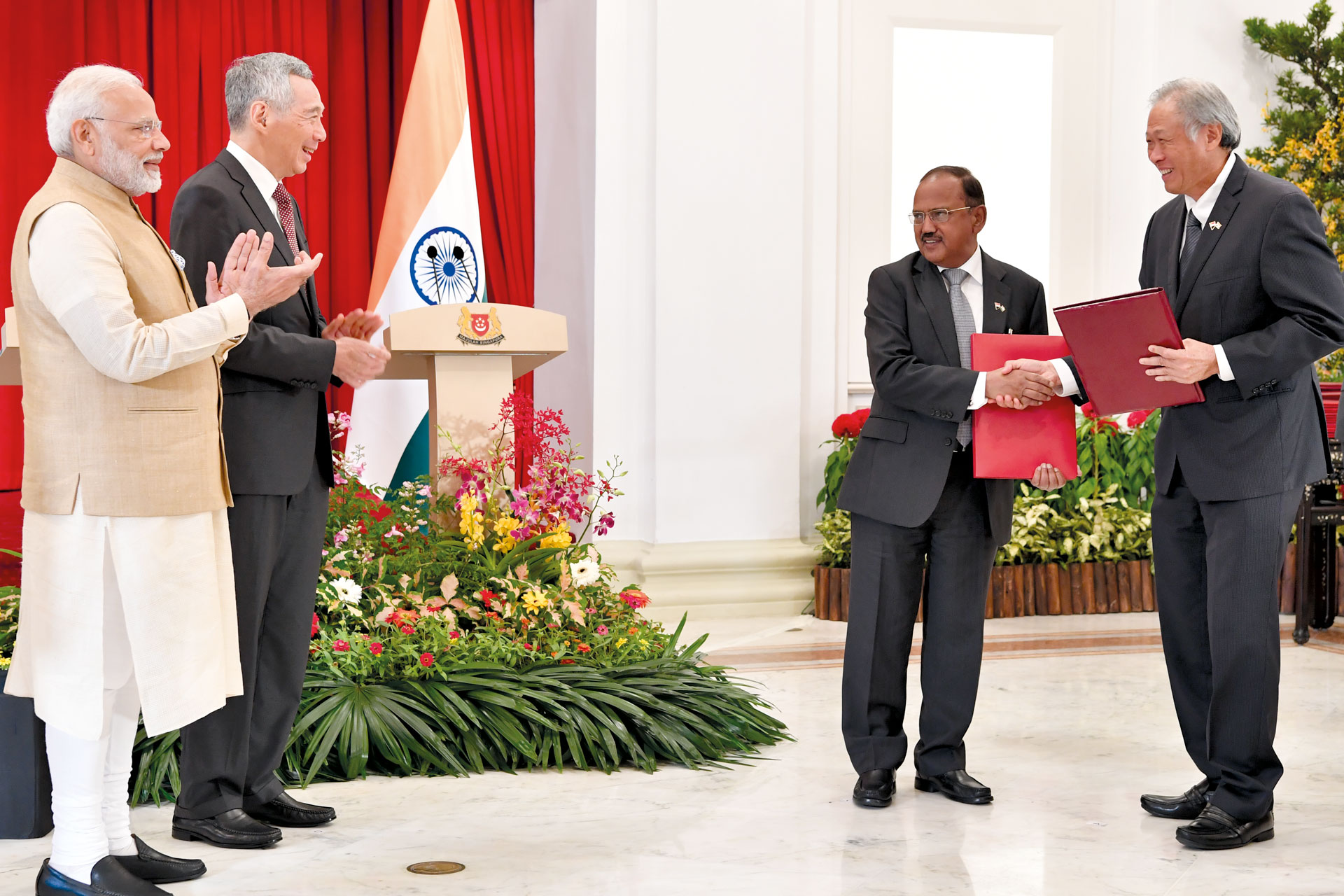
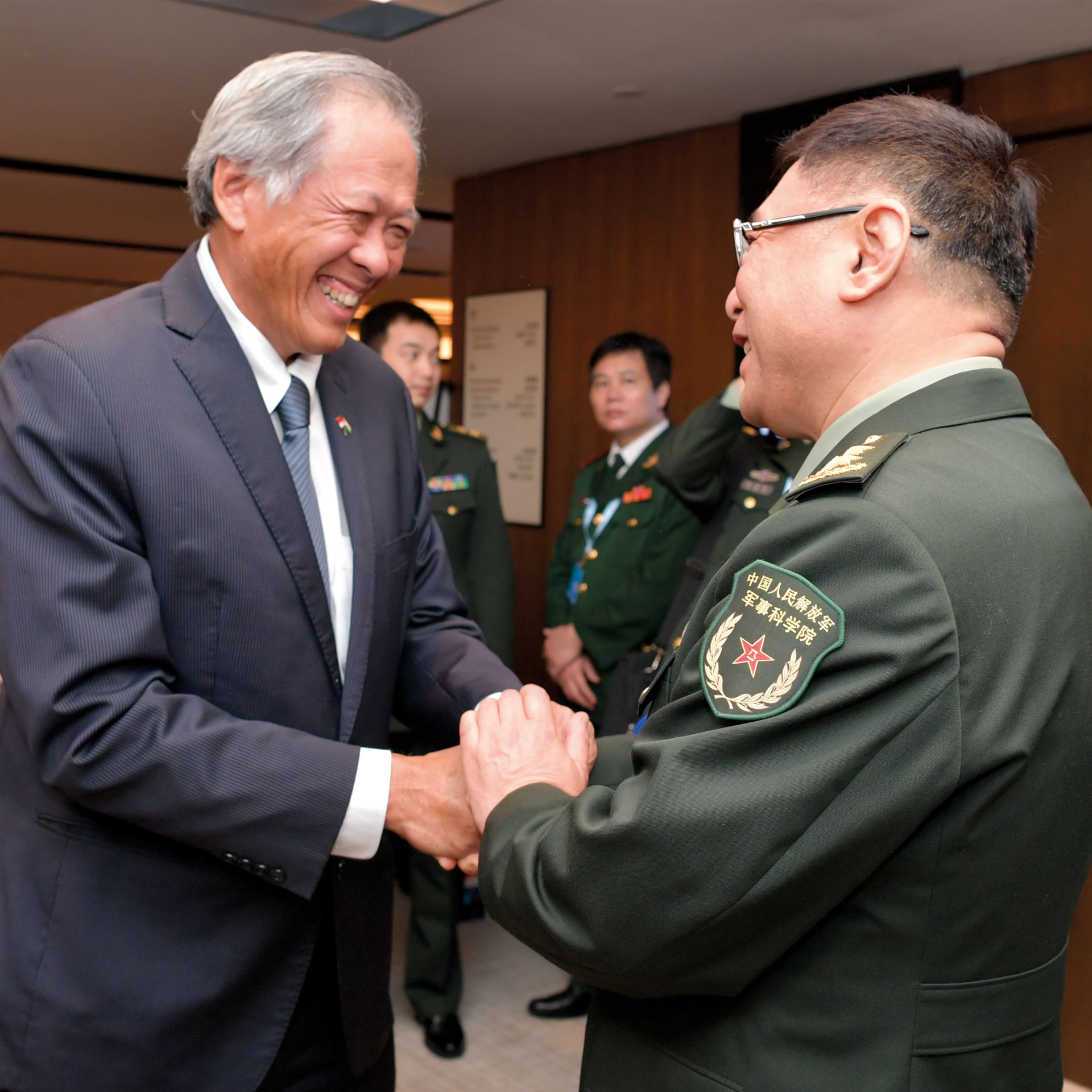
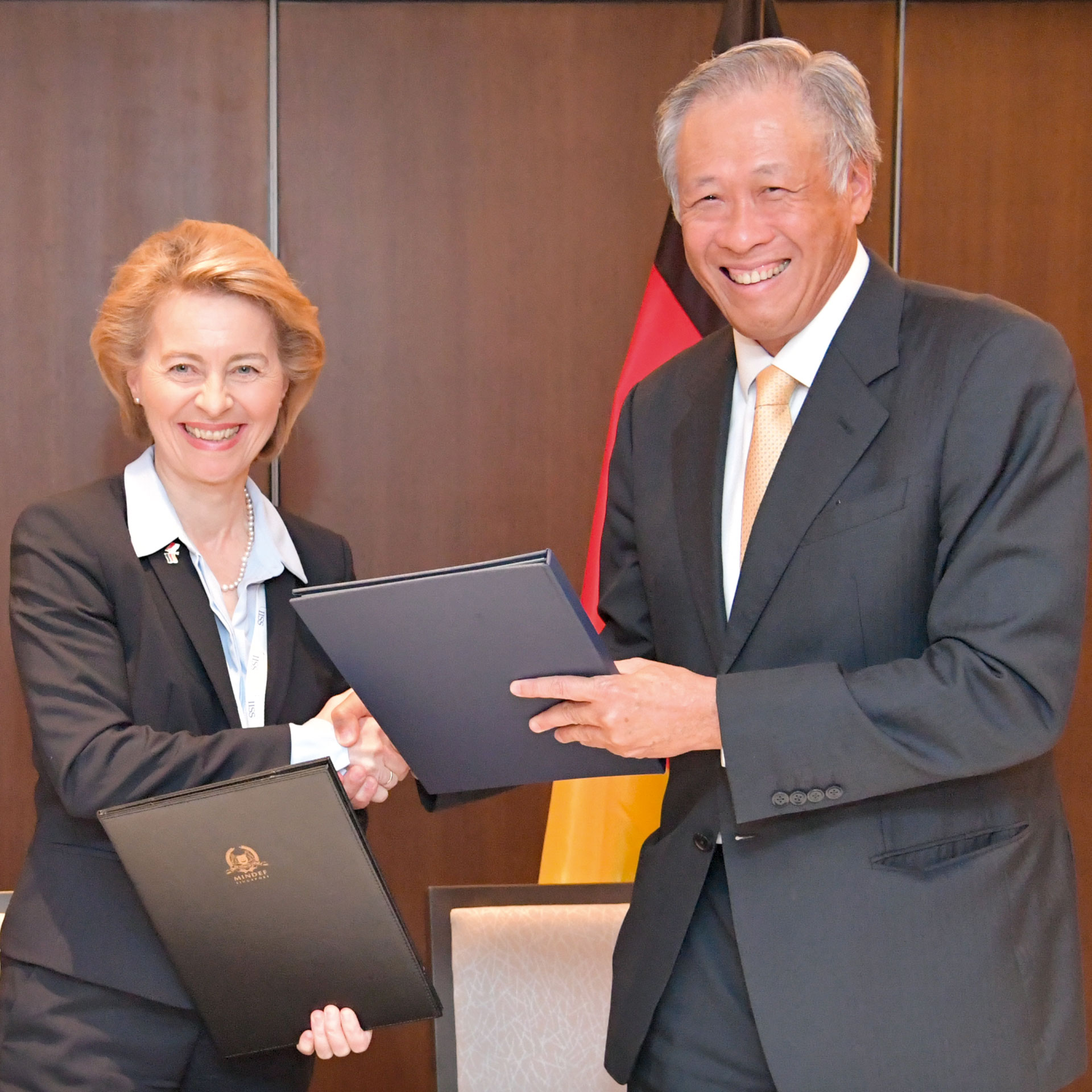
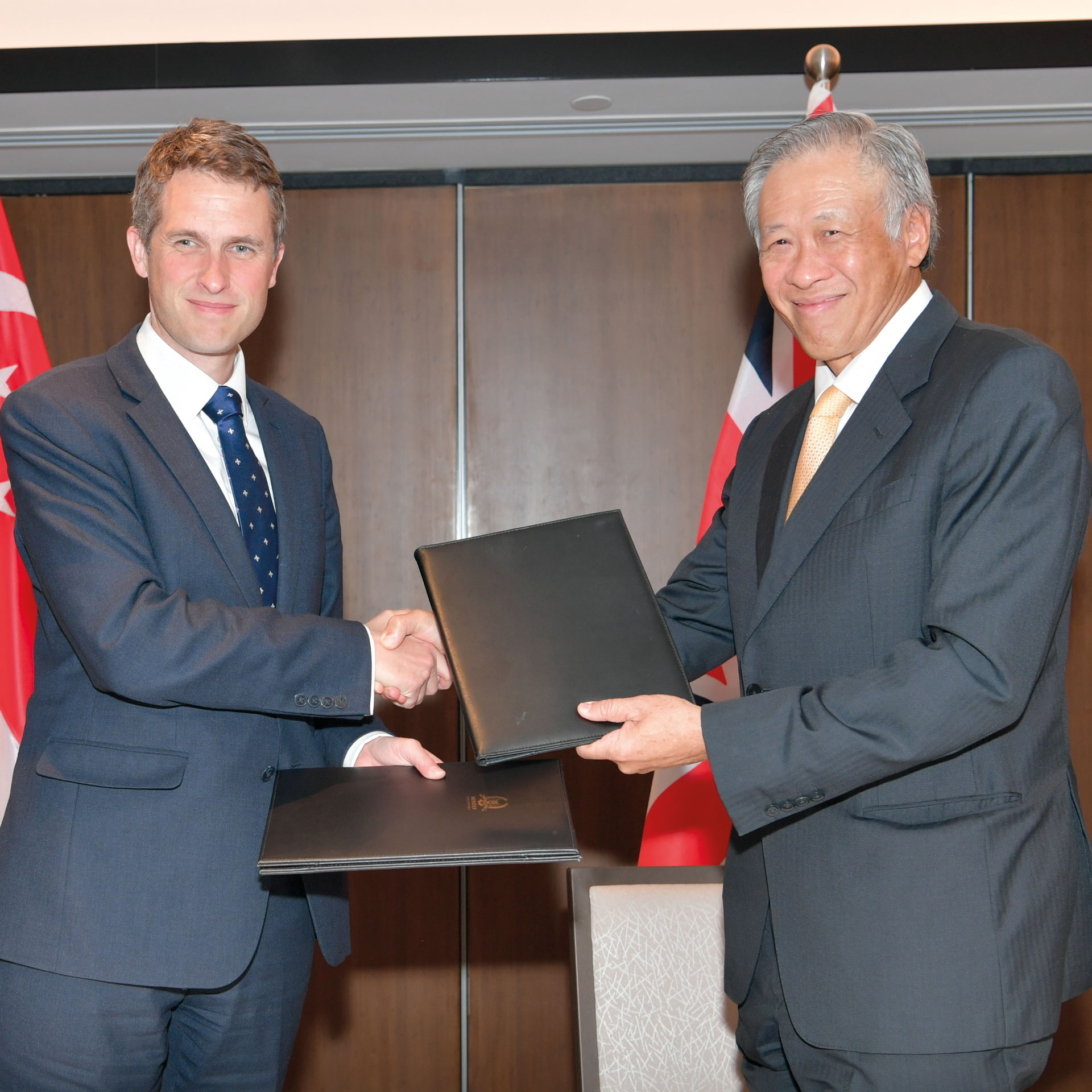
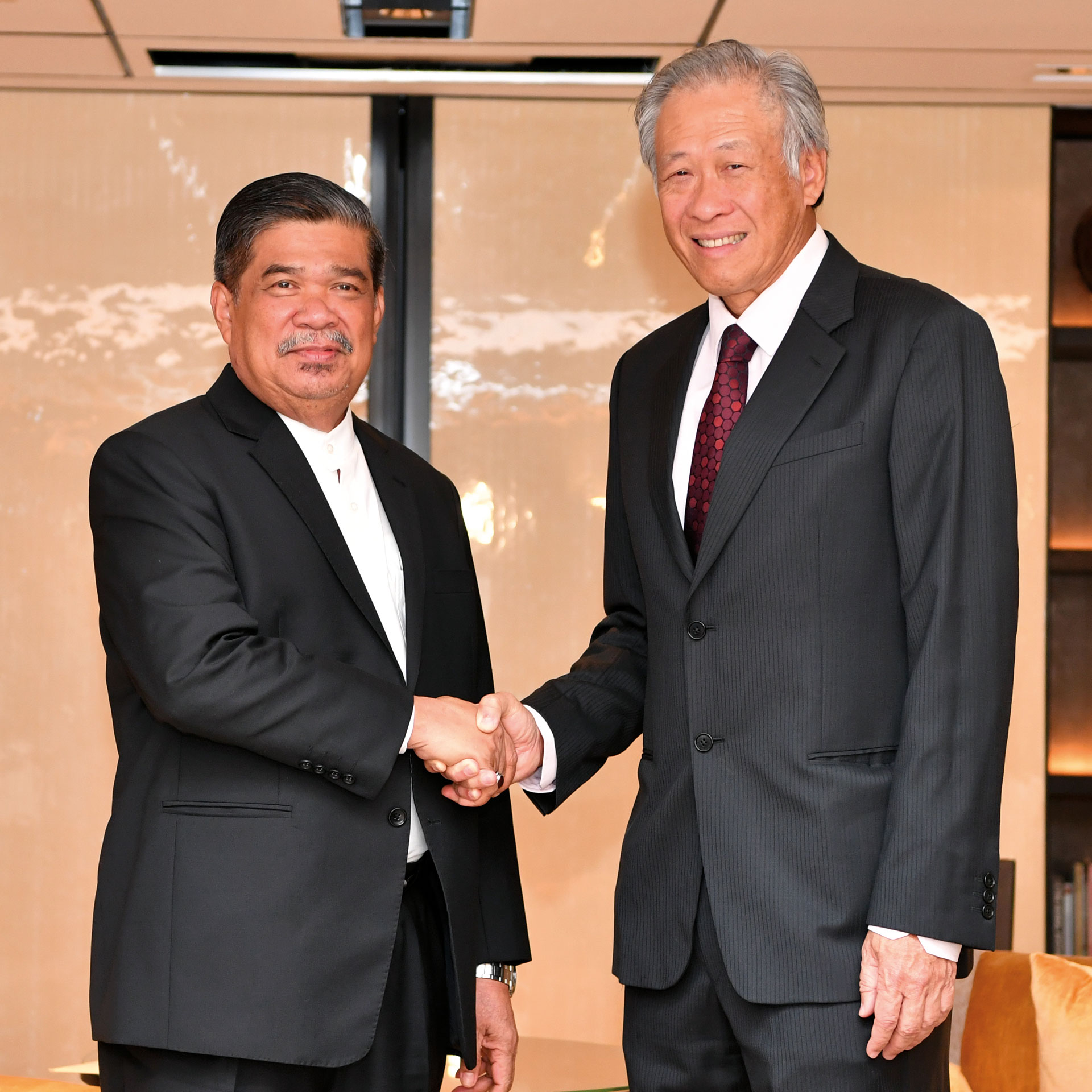
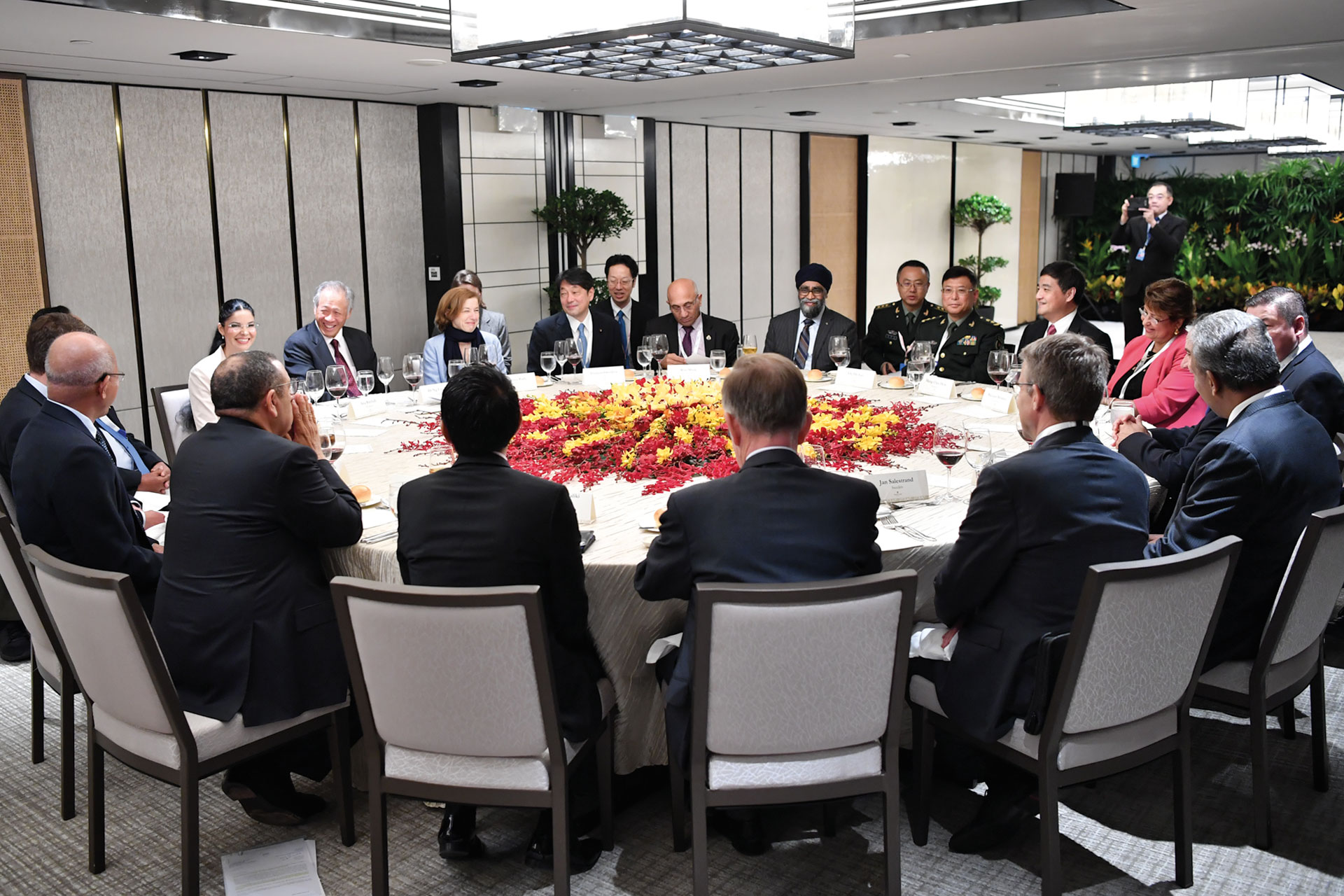
ALSO READ IN DIPLOMACY
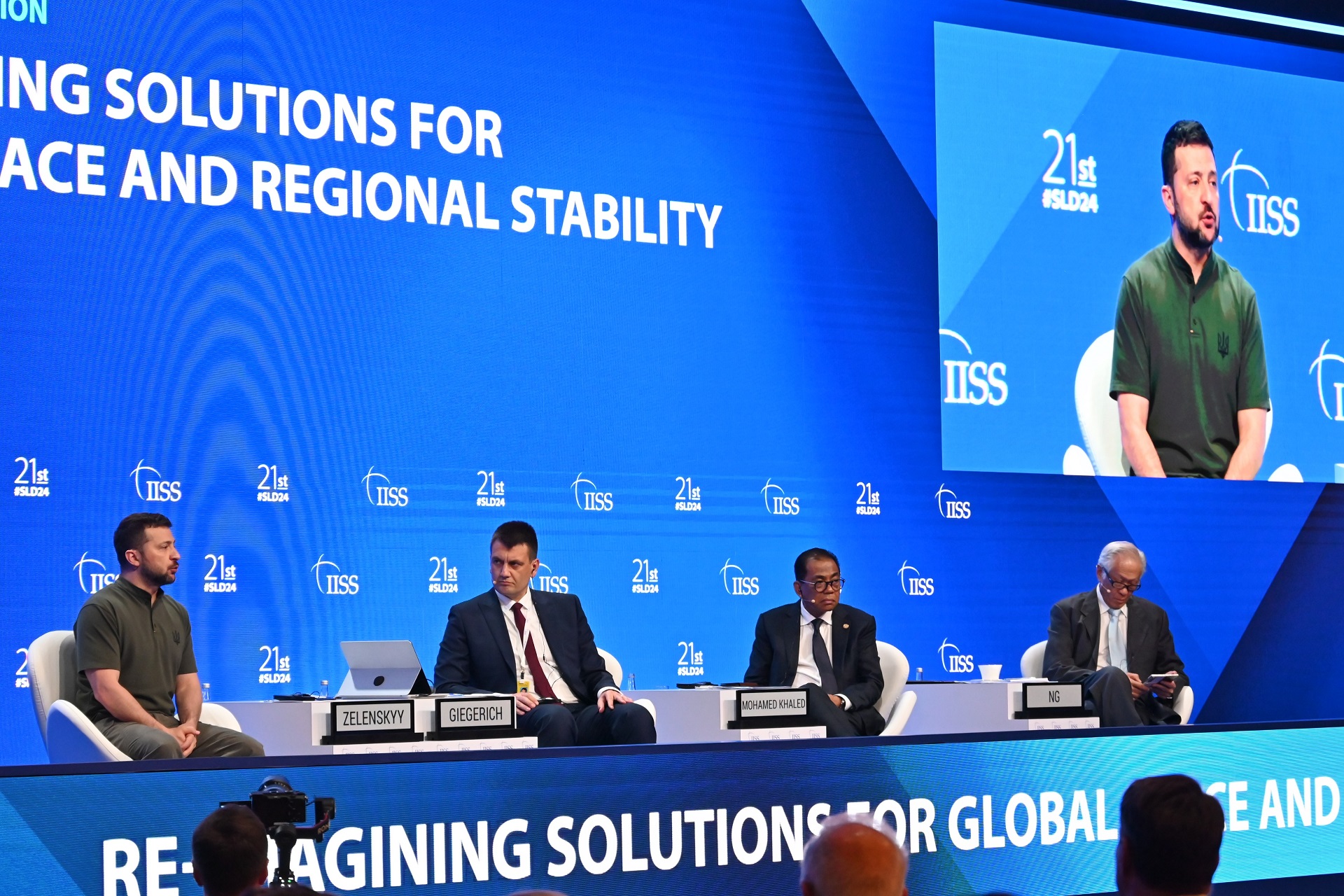
A call for peace at Shangri La Dialogue
02 Jun 2024
A repeated call for peace, especially in Asia. This was Minister for Defence Dr Ng Eng Hen's central message at the 21st Shangri La Dialogue (SLD), held from 31 May to 2 Jun.
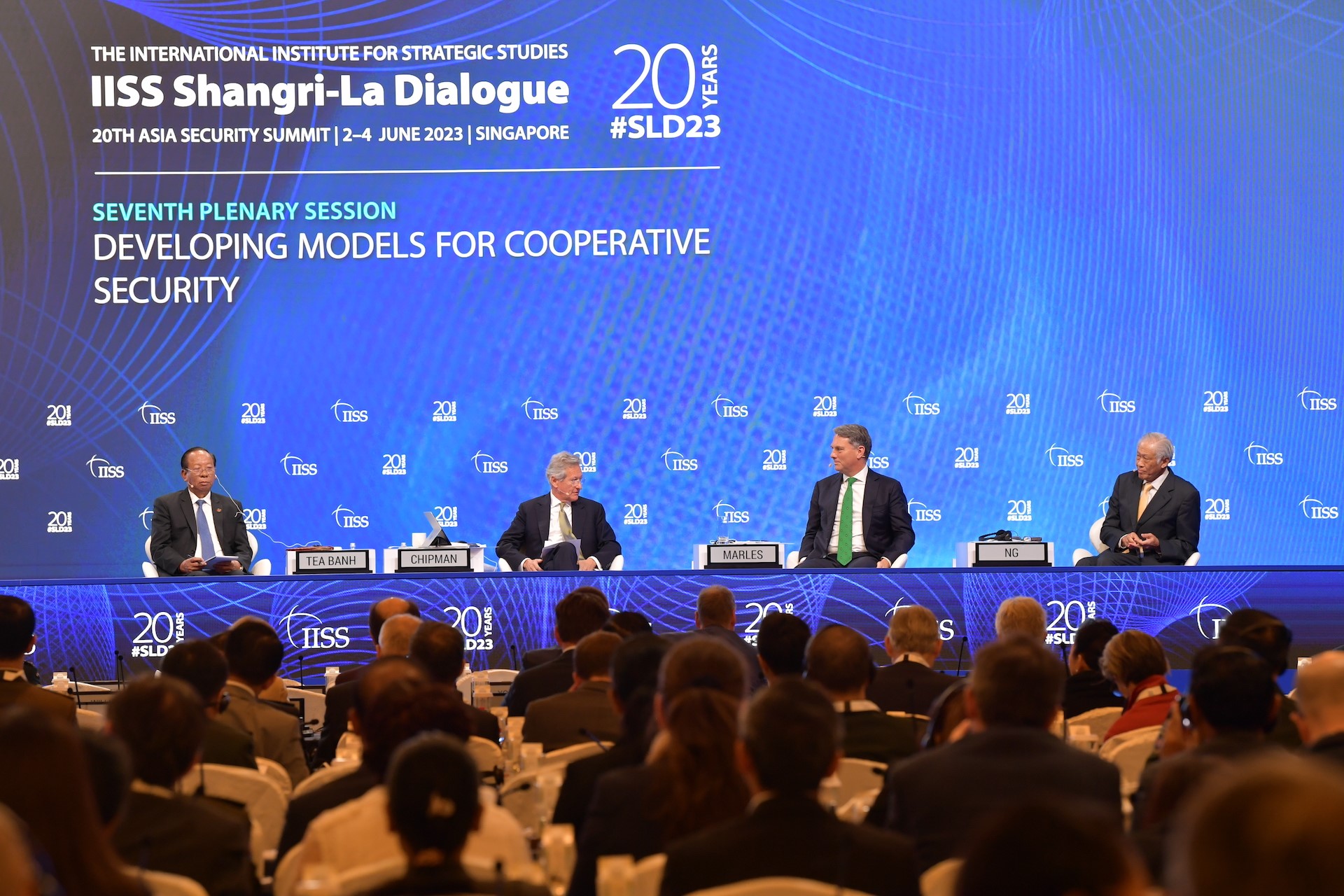
Shangri-La Dialogue sees frank discussion of security issues
04 Jun 2023
The 20th Shangri-La Dialogue, held from 2 to 4 Jun, saw ministers from around the world meet in Singapore to discuss key defence and security issues.
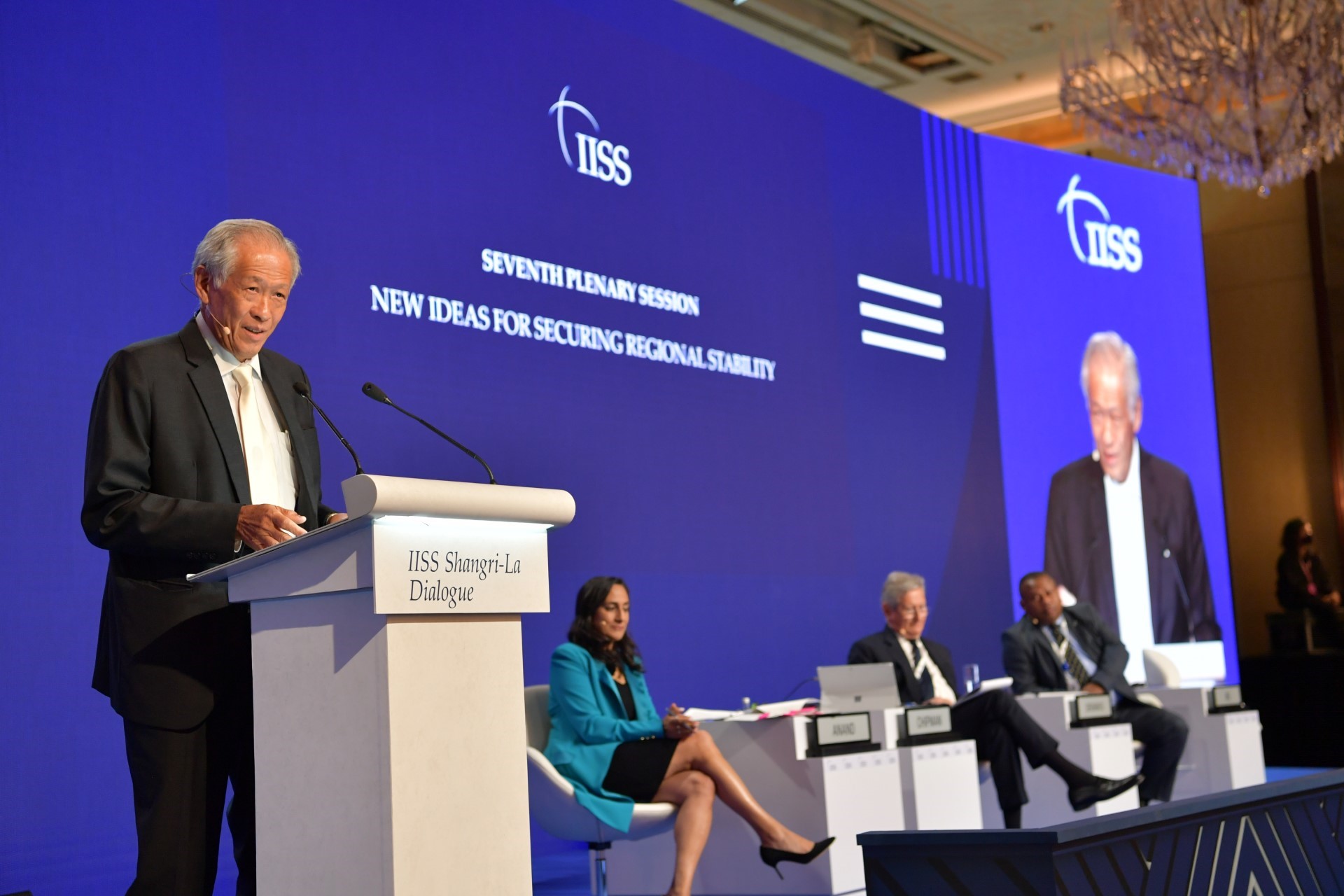
SLD remains valuable platform for crucial discussions: Dr Ng
12 Jun 2022
Minister for Defence Dr Ng Eng Hen spoke on the US-China relationship, the importance of a rules-based order and the role of ASEAN as a regional security platform at the 19th Shangri-La Dialogue (SLD).


